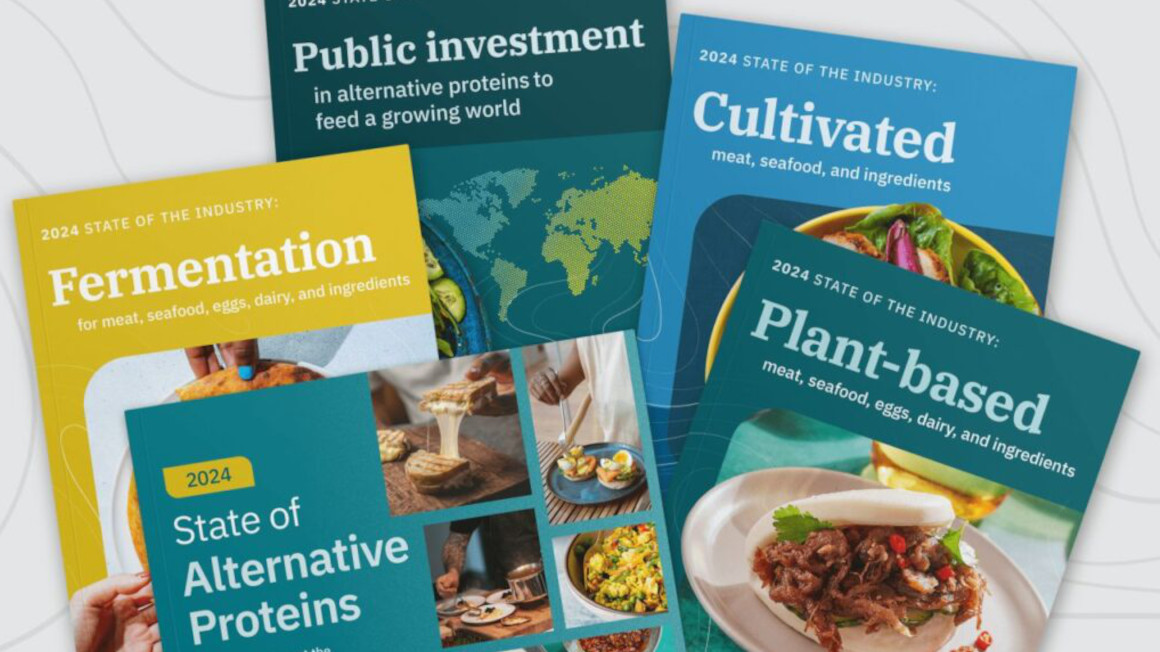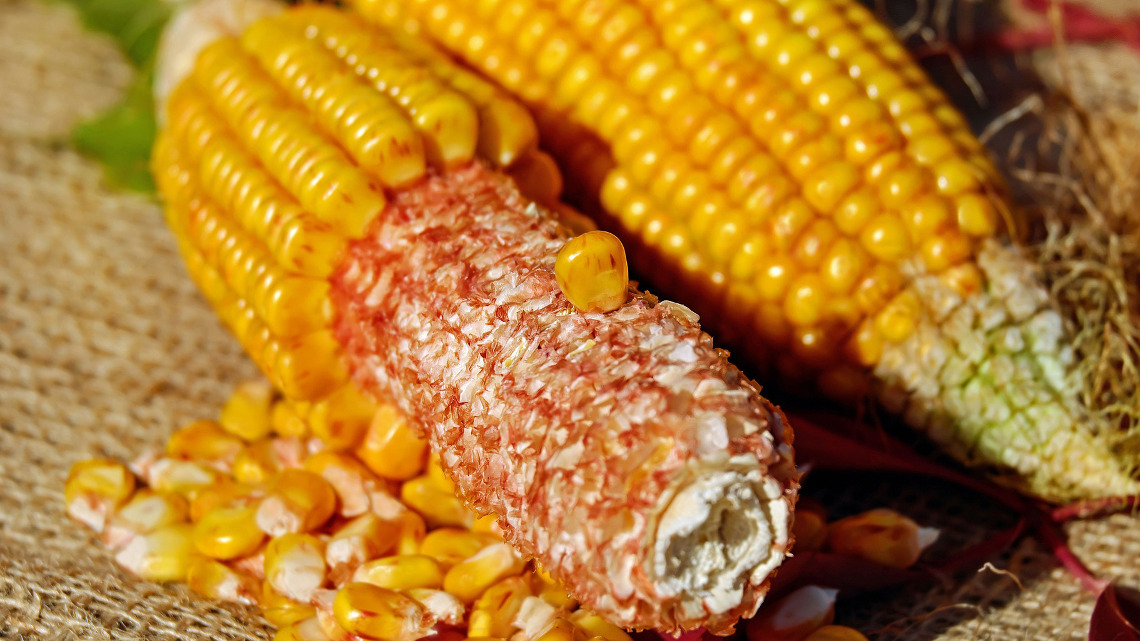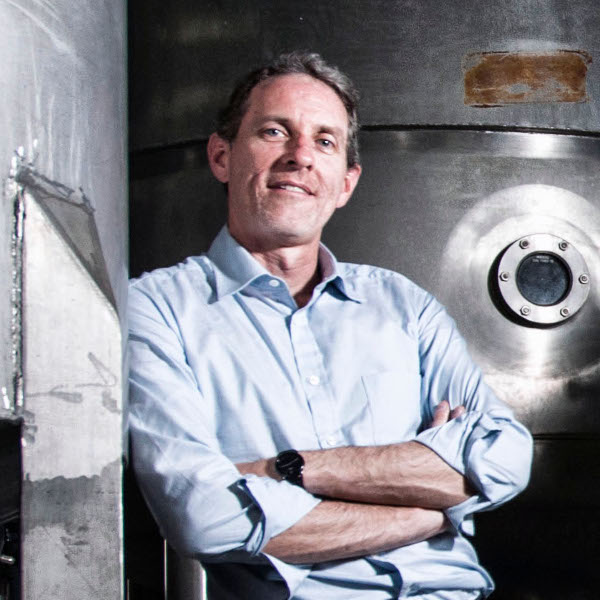GFI reports: Record investment in alternative proteins
Investment in the production of alternative proteins reached a new high in Germany last year. This is confirmed by the State of the Industry Reports of the Good Food Institute (GFI) Europe.

The development and production of alternative proteins is becoming increasingly urgent in view of the growing world population and the increasing strain on natural resources caused by the growing consumption of animal-based foods. These are foods or ingredients based on plants, cell cultivation and fermentation that have a comparable protein content and can therefore replace animal products such as meat and milk.
The new figures from the GFI reports show that European manufacturers of plant-based, cell-cultured and fermented meat, fish, egg and dairy products were able to raise almost 470 million euros in 2024. This is an increase of 23% compared to the previous year.
Largest investment in Germany
In Germany alone, around €134 million were invested in alternative proteins last year - a record figure that is almost five times the amount invested in 2023, according to the GFI. This means that German companies accounted for around a quarter of all European investment in this area. ‘This is an encouraging result at a time when we are not only hearing positive news from the sector,’ says Ivo Rzegotta from the GFI. A report specifically for Germany is already planned.
Fermentation processes are gaining importance
According to the study, the majority of European investments were channelled into the production of fermentation-based foods and ingredients. Companies that manufacture their products using precision fermentation raised around 120 million euros in 2024. This is more than three times as much as in 2023. Companies from the biomass fermentation sector were also able to generate almost 120 million euros, which corresponds to an increase of 10%.
This development in the field of fermentative food innovations can also be seen in Germany: Formo, a company specialising in animal-free cheese, received a loan of €35 million in 2024 and also acquired over €56 million as part of its Series B financing round. The start-ups Protein Distillery and Pacifico Biolabs also secured investments totalling €15 million and €3.1 million respectively. This puts Germany in third place worldwide for investments in fermentation companies in the period from 2015 to 2024.
No large investments in plants and cell cultivation
According to the report, however, there were no major financing rounds for plant-based and cell-cultivation substitutes in 2024. In 2023, the European market for plant-based foods was characterised by exceptionally high investments, particularly through large-scale financing by listed companies such as Oatly, which alone raised 391 million euros. This gives the impression of a general decline. However, if only unlisted companies are considered, investments in the manufacture of plant-based products rose by 37% to €167 million in 2024.
The market for cultured meat was also significantly influenced by individual larger financing rounds. Investments in this segment fell by a total of 59% to €48 million. In addition, many of the companies that were heavily financed in 2023 focussed on preparing their market entry.
lh


